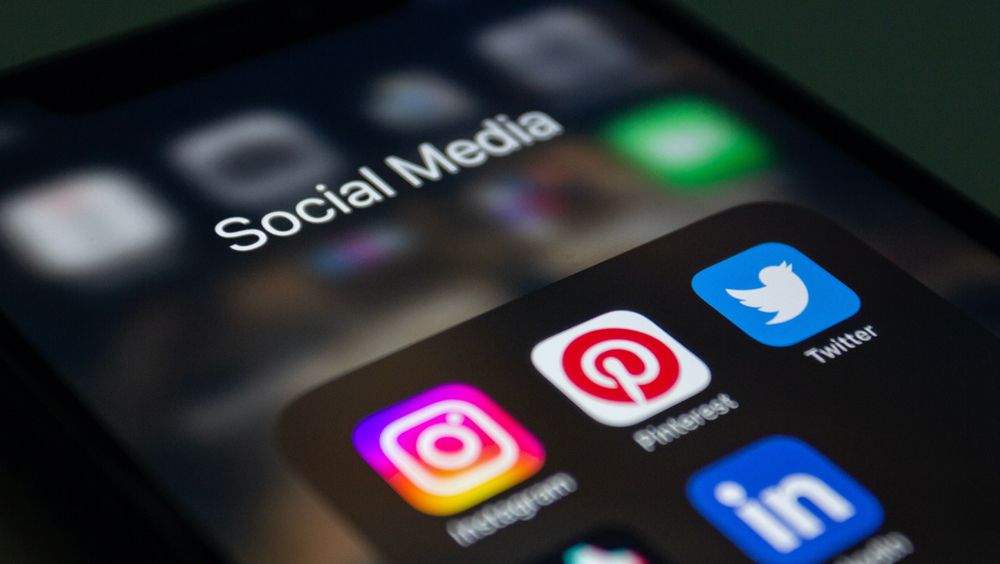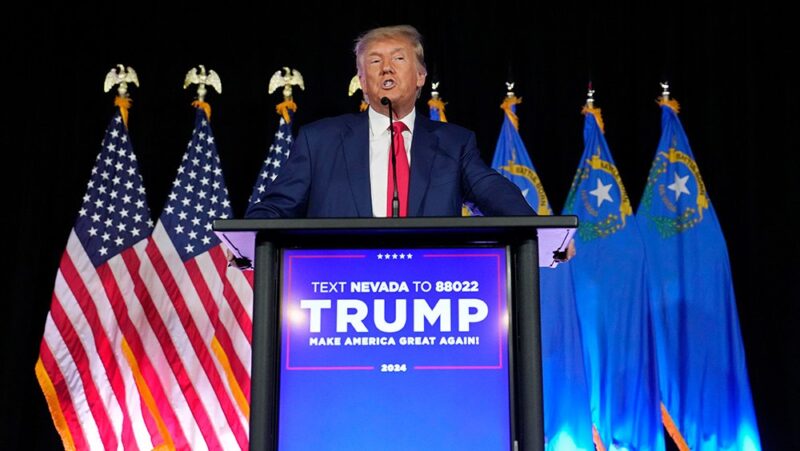Why New Utah Social Media Laws Are Unconstitutional

Utah recently became the first state in the nation to pass legislation designed to limit teens’ social media use. These bills will apply to social media platforms with at least 5 million accounts, including the most popular and controversial sites like Twitter, TikTok, Facebook, and Instagram – and also some you might not instantly associate with this type of regulation, like YouTube and LinkedIn.
Supporters say SB 152 and HB 311 provide tools for parents who want greater control over their children’s social media use. Lawmakers justify the bills as necessary to combat harmful impacts that social media has on teens’ mental health. But free speech advocates claim that the Utah social media laws violate the First Amendment.
New Utah social media laws and the First Amendment
Freedom Forum Senior Fellow Gene Policinski describes them as “overreaching, violative of free speech rights, pragmatically unenforceable in the final analysis and using approaches and things like time period restrictions already found unconstitutional.”
The First Amendment demands specificity and precision. These Utah social media laws offer neither. They are similar to the proposed bans of TikTok in that they prevent an entire group of people from accessing a medium of expression.
Though the motivations are different, the First Amendment principle is the same here: the broader the ban, the harder it is to justify.
That’s because, when seeking to legislate or regulate in a way that infringes on speech rights, the government must demonstrate:
- A compelling interest in the restriction of speech (in other words, that the speech is going to cause some harm).
- That the regulation in question is narrowly tailored to advance that interest with no less restrictive alternatives available.
Critics say Utah’s claim about social media’s harm isn’t backed up by sufficient evidence and is more hypothetical or hyperbolic than proven. The government bears the burden of showing that a real and substantial problem exists, not just speculative fear of harm. Many tech companies and knowledgeable observers say it hasn’t done that yet.
Further, the ways in which Utah is going about combatting those harms aren’t sufficiently precise. The limits are overbroad, restricting perfectly legal activities and speech. They’re also vague; social media companies and users won’t clearly understand whether they’re violating the law.
Here are some of the Utah social media laws’ key provisions and why they are problematic from a First Amendment perspective.
Key provisions of new Utah social media laws
Requiring parental consent before kids can sign up for social media sites
The first concern that pervades both bills is that this is too broad a restriction. Children under 18 live across the emotional spectrum. Not all teens are alike. Some are equipped to handle the impacts of social media better than others. And there’s no magic switch that flips at 18 to indicate that a child is suddenly ready to handle social media when they weren’t just the day before.
RELATED: The complete guide to free speech on social media
Another problem is that enforcement requires a parent to have their child’s password. But that creates huge privacy problems.
Finally, how will sites confirm the parent’s identity? Given that many social media users want – and have a First Amendment right – to remain anonymous, this is problematic.
Requiring age verification for any social media user in the state
This is similar to part of the Communications Decency Act that was struck down by the Supreme Court in the 1997 case Reno v. ACLU, which said that websites with content harmful to minors may not make that material available to minors. The government defended the provision by saying that websites could use credit card-based age verification to fulfill this requirement. But the Supreme Court disagreed, holding that the law was both “under-broad” because minors with credit cards would still be able to access harmful materials, and, at the same time, “overbroad” because adults without credit cards would be shut out.
Age verification has come a long way but probably not far enough to ensure the requisite legal exactness when dealing with a law that limits access not just to certain types of content but to an entire social media platform.
Prohibiting children from using social media from 10:30 p.m.-6:30 a.m.
This is similar to the Federal Communications Commission’s indecency restrictions, which say that over-the-air television and radio stations can only broadcast programming the FCC defines as “indecent” between 10 p.m. and 6 a.m. It’s an attempt to narrow a complete ban on social media.
The problem is that there are distinct differences between the internet and broadcast television and radio, with the latter regulated differently due to their “scarcity” and “pervasiveness” – two characteristics that don’t pertain to the internet. As the Supreme Court said in Reno v. ACLU, the internet receives more free speech protection than other media as a matter of law.
And, as a practical matter, it is easier to enforce for a physical medium like television or radio with a single point of origin for all content broadcast in a single time zone. It will be difficult to enforce against an internet platform based in New York, for example, being accessed by an unknown user in Utah, and too easily dismantled by a minor with today’s computer skills that can easily mask your location.
Finally, there are times we want kids on social media during those hours. For instance, when there are natural disasters or other emergencies, it might be the only way to get information or send for help.
Prohibiting tech companies’ use of addictive design features
This would probably be the most defensible from the state’s point of view except for one question: How does a company know it will cause a child user in Utah to have an addiction to its platform?
This bill requires platforms to limit features if they preoccupy and harm users. But how is the site to know that this is occurring with any individual user, much less many users? This inability to reasonably predict whether it is violating this section renders this bill impermissibly vague.
The Utah social media laws seem to be clear-cut violations of the First Amendment. They don’t go into effect until March 1, 2024, almost certainly to allow time to continue working on the details. As Utah Gov. Spencer Cox said, "We don’t think it’s going to be foolproof; there’s no question about that."
That’s a very casual attitude to take when you’re legislating in a way that brushes up against constitutional rights like the First Amendment – and it’s almost always a loser in court.
Kevin Goldberg is First Amendment specialist for the Freedom Forum. He can be reached at kgoldberg@freedomforum.org.
6 First Amendment Stories to Watch in 2024
8 First Amendment Stories to Watch in 2025
Related Content

